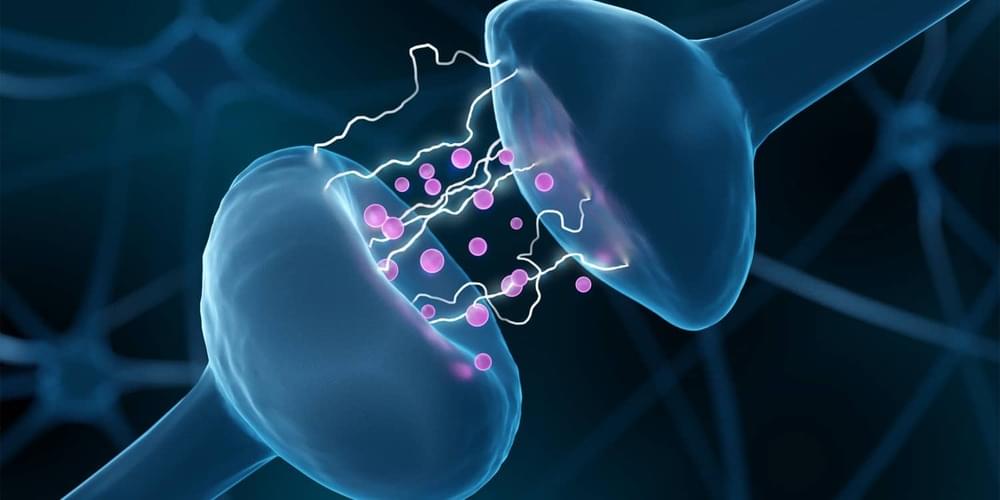A recent study from Stanford’s Wu Tsai Neurosciences Institute has shed light on the interplay between two key brain chemicals, dopamine and serotonin, revealing their opposing roles in shaping our decisions and learning processes. Published in Nature, the research demonstrates for the first time that dopamine and serotonin operate as a “gas and brake” system, jointly influencing how we learn from rewards. The findings have broad implications, from understanding everyday decision-making to developing treatments for neurological and psychiatric conditions such as addiction, depression, and Parkinson’s disease.
Dopamine and serotonin are crucial to many aspects of human behavior, including reward processing and decision-making. Both neurotransmitters are also implicated in a variety of mental health disorders. While previous research has established their individual roles—dopamine is linked to reward prediction and seeking, while serotonin promotes long-term thinking and patience—the precise nature of their interaction has remained unclear.
Two competing theories have sought to explain their dynamic: the “synergy hypothesis,” which posits that dopamine focuses on immediate rewards and serotonin on long-term benefits, and the “opponency hypothesis,” suggesting the two act in opposition, with dopamine encouraging impulsive action and serotonin promoting restraint. The Stanford researchers aimed to directly test these theories using advanced experimental methods.
